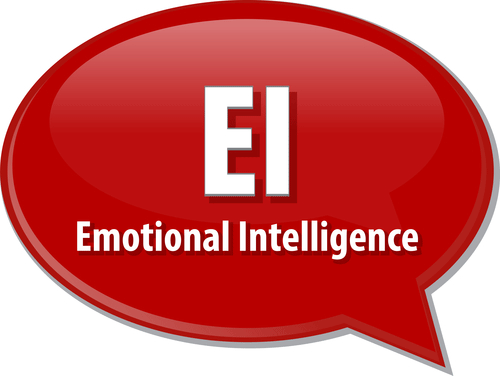Emotional Intelligence Assessment
Studies indicate that there is a direct relationship between emotional intelligence and job performance. In the recent past decades, the emotional intelligence assessment has been considered as an essential way through which performances are improved, and relationships are developed in the workplace. If you have a higher level of emotional intelligence, you are capable of managing both your emotions and the emotions of others, handle stressful situations as well as adapting to changes.
Approaches to emotional intelligence assessment
There is a diverse range of valid and reliable measures for emotional intelligence that can be used in the development, management, and identification of performances and talents. Below mentioned are the approaches used to assess emotional intelligence which is used according to different situations and outcomes.
Competency-Based Approach

This type of assessment tends to measure how well you demonstrate being emotionally intelligent in the workplace behavior. It aims at measuring your capability of applying emotionally intelligent behavior in their workplace. Competence-based emotional intelligence assessment is typically in a 360-degree or self-other format where you and your peers and colleagues will rate you on different scales. This approach works best in assessing internal talent or internal hiring, development or promotion and for talent development for building empathy, self-awareness, leadership skills and behavioral agility.
Competency approach is not quite suitable for making external hires, however, once hired this approach is suitable for developing existing talent as many organizations are interested in what their employees are doing and how well they are doing it. Basically, competency-based emotional intelligence measure is a good way to assess emotionally intelligent behaviors and how well they are demonstrated for development purposes.
Ability-Based Approach
This emotional intelligence measure assesses your emotional abilities. This can involve rating the emotional expression on one's face or suggest a correct action course for a particular situation. This approach is considered suitable for selection or recruitment of external hires as well as determining the basic causes of problematic behaviors and emotional and social functioning.
Most commentators have emphasized on the preeminence of this approach as they do not rely on the respondent's insight and are also not vulnerable to socially desirable responses. Although this fact is true and this approach is considered best for external recruitment, it is recommended that this approach is combined with interviews and role-plays to understand how the candidates will use their emotional intelligence.
The Mixed/Trait Model Approach
This type of emotional intelligence assessment measures your self-perception rated to personal preferences that are directly linked to social and emotional functioning. This approach is suitable for determining the cause of problematic behaviors or emotional and social functioning as well as the development of talent like leadership skills, self-awareness, behaviors, and empathy. This assessment approach is used to identify those factors that are the cause of your poor social or emotional behavior.
Most of the trait-based measures are used to assess several human traits. In various developmental contexts, there is a need to foster self-awareness as well as helping in identifying weaker areas that need improvement.
All in all, emotional intelligence assessment mentioned above is valid and reliable psychometric properties and are used for their respective purposes. Organizations select the approach which it considered best suitable for their requirements. Different situations require assessing emotional intelligence in different ways. Every approach has their own pros and limitations and is suited to particular situations.
Emotional and social intelligence is the one factor that distinguishes a good leader from an average one. It helps professionals and managers to develop a competitive advantage for their businesses by integrating innovation, improving performance levels, fostering teamwork, ensuring that all resources and time is utilized effectively along with developing trust and motivation amongst the employees. Emotional intelligence assessment is that tool which allows managers and professionals to understand the emotional behavior of their employees and rectify those areas that require being worked upon. There are three approaches to measuring emotional intelligence each suitable for differing situations.
Practice with Free IQ Tests
Recent Articles
-
What type of test did I take
Apr 04, 22 04:09 AM
I was given a psychological test years ago, but wasn’t told what it was for. The rating used a bell curve and my score fell in the above average not yet -
ﹰﹰﹰﹰﹰﹰﹰGOOD
Aug 13, 21 03:20 PM
Since the enneagram test helps people to understand their strength and weaknessess. And helps them remove their weaknesses then the test is good -
Knowing the inner me
Aug 13, 21 03:17 PM
Sometimes I ask myself that is this my behaviour or not? Because I am really shy and I lack confidence, I find it hard to socialize with other people.I
